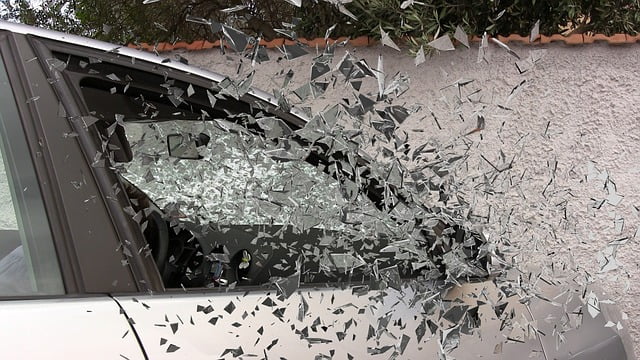1. Stop.
2. Call 9-1-1.
3. Be safe.
4. Report to the Police.
5. Exchange information.
6. Take pictures.
7. Notify insurer.
Stop.
If you are involved in an accident, leaving the scene of the accident or not offering assistance is a criminal offence. Make sure you stop. If you are not involved with the accident, you don’t need to stop and offer assistance, but you could (and should).
Call 9-1-1.
If the vehicles aren’t drivable, or it appears someone might be injured, or if you suspect someone may be impaired, call 9-1-1.
Be safe.
If you can, move your vehicle to the side of the road, out of traffic. Turn on your hazard lights (if they still work). Be sensible. Don’t stand between vehicles, and watch for other traffic.
If anyone has been seriously injured, do not move them, and don’t move any of the vehicles. Wait for the police and EMS to arrive. Tempers might be flaring. If you feel unsafe, stay in your vehicle and wait for police.
Report to the Police.
If one of the vehicles isn’t drivable, or anyone is injured, or the damage will likely exceed $2,000, file a police report. A police report will be a useful piece of evidence later, but the police don’t really determine liability. And, anyway, you will need to get a damage sticker in order to have the vehicle repaired.
Exchange information.
You are required provide your name and address to the other party if you an involved in a collision. Under the Traffic Safety Act, you are also required to produce your driver’s license, vehicle registration, license plate number, and financial responsibility card for the vehicle if there is one.
Take pictures.
Most people carry a phone with them wherever they go, and it almost always has a camera on it. Use the camera to take pictures of the accident scene, the other person’s driver’s license and registration, and any other evidence that might be available, such as street signs. (Most of the time pictures you take with your cell phone will also have GPS data embedded in the metadata, and that can be useful later too.)
Notify insurer.
You should call your own insurance company straight away and let them know about the details of the accident. It’s a good idea to get some correspondence with them in writing. Your own insurance company, whether you are at fault or not, has a duty to pay for your treatment (within certain limits) for the first two years after the accident.
